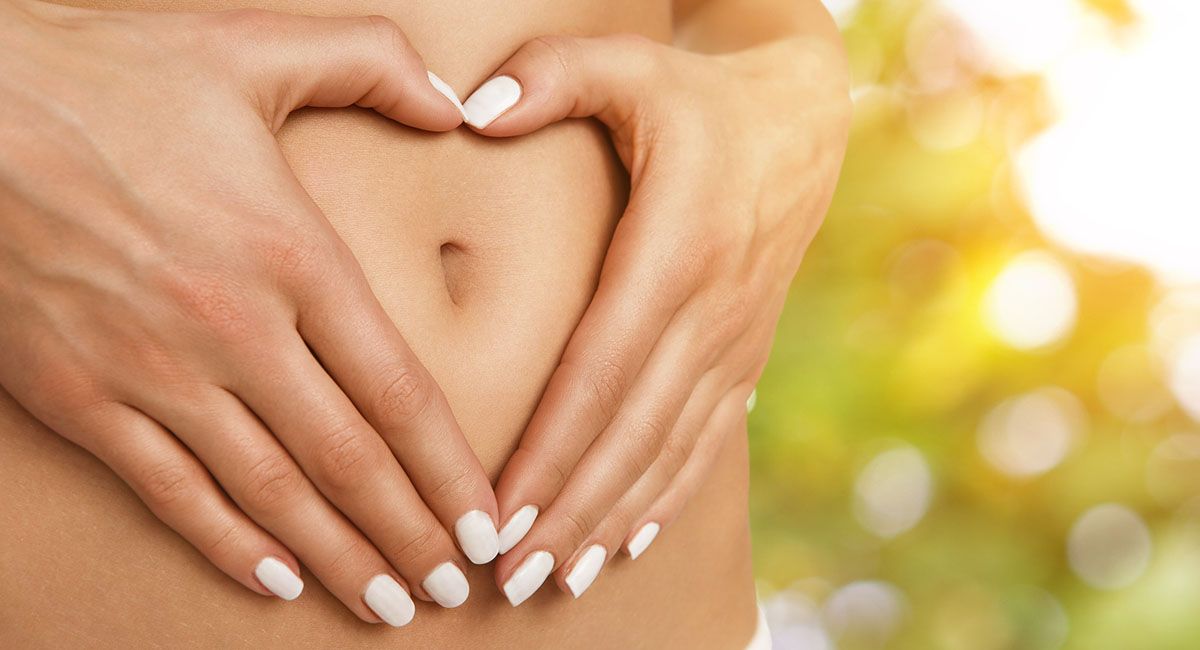
Five foods deliver the highest levels of prebiotics essential for a healthy gut, according to an in-depth review
Everyone’s gotten the memo that the health of our gut has a major influence on our overall well-being. Poor gut health can lead to insulin resistance—which in turn leads to type 2 diabetes and heart disease—inflammation, obesity, IBD (inflammatory bowel disease) and colorectal cancer.
There are over 100 trillion bacteria in our gut microbiome, and they include hundreds of different species. Some are “friendly” ones that produce vitamin K, folate and short-chain fatty acids, and some are not so friendly.
When there’s an imbalance, it’s called dysbiosis, and it can be caused by antibiotics and other pharmaceuticals, pollutants, a bad diet, smoking and stress, and even poor sleep.
These stressors of modern life mean our gut sometimes needs a little support, and we can help restore a healthy gut with probiotics and prebiotics. Probiotics are live bacteria in foods such as yogurt, kefir, sauerkraut, kimchi and miso and in dietary supplements. Prebiotics are a form of dietary fiber that feeds the friendly bacteria and allows them to produce nutrients for your colon cells.
But which foods contain the biggest prebiotic punch? To find out, researchers from San Jose State University assessed the prebiotic content of 8,690 foods listed in the Food and Nutrient Database for Dietary Studies.
Of the foods they analyzed, 37 percent had some prebiotic qualities, but five foods stood out: dandelion greens, Jerusalem artichokes, garlic, leeks and onions. And they all made it easy to meet the dietary requirement of at least 5 g of prebiotics every day. Eating half a small onion does that on its own, said researcher Cassandra Boyd.1
What do you think? Start a conversation over on the... WDDTY Community